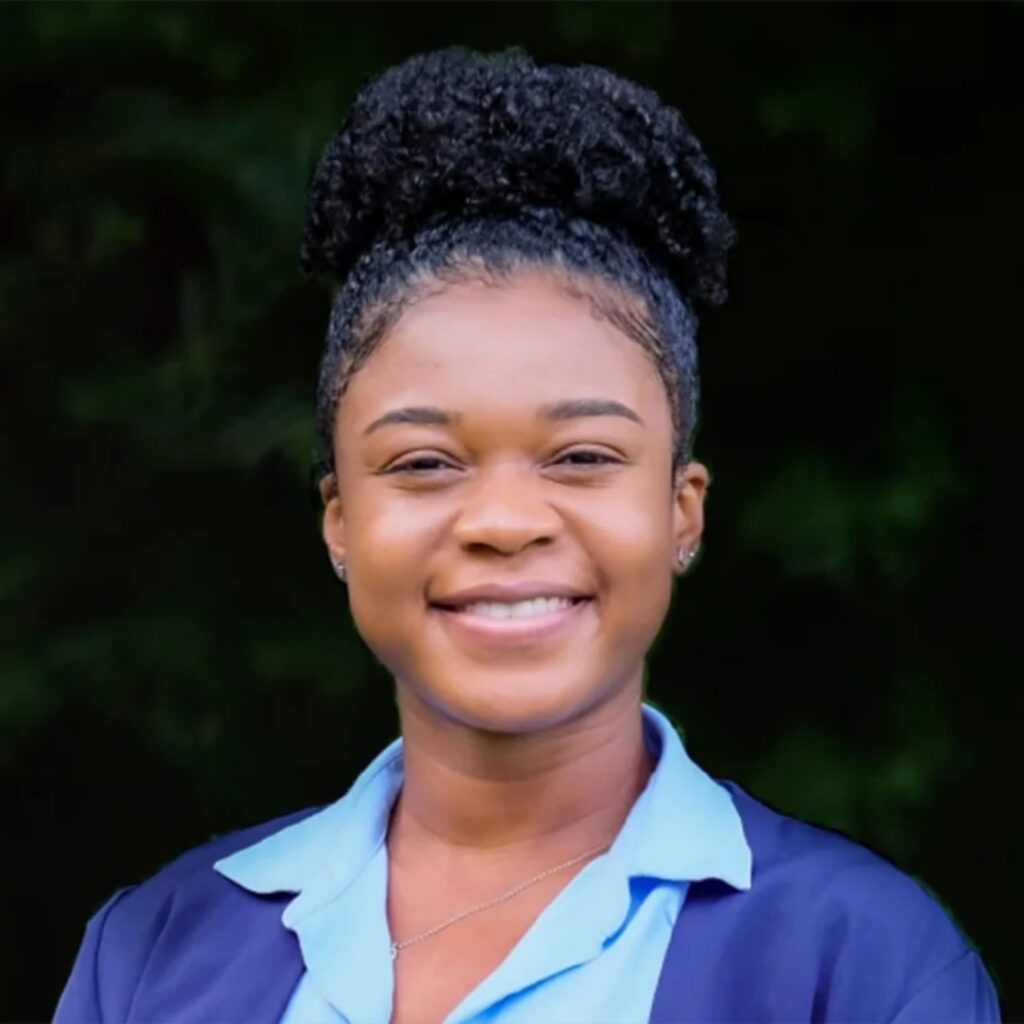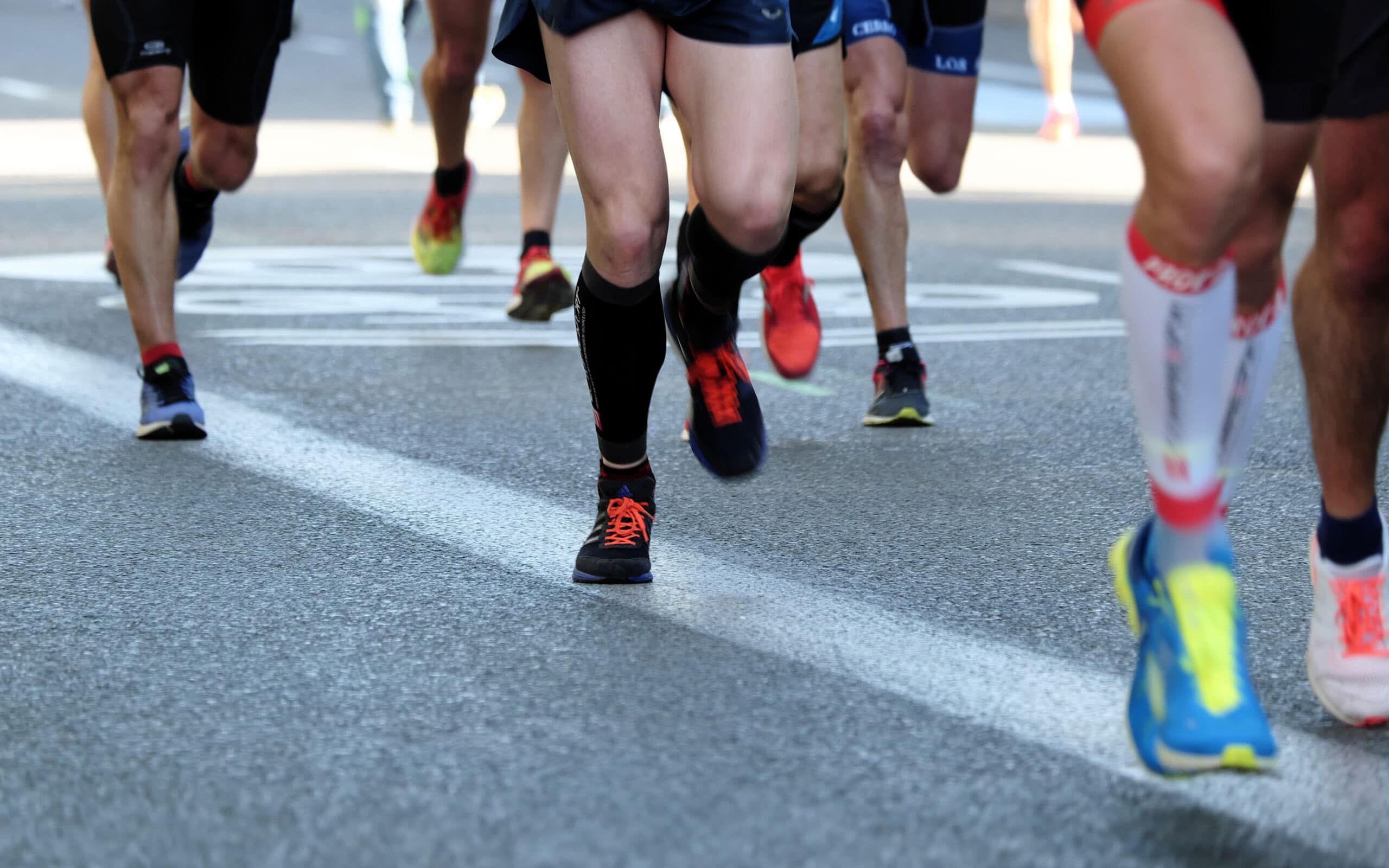U of T post-doc to research how body image affects sport participation, thanks to a life-changing fellowship
Chelsi Ricketts will carry out her research at the Faculty of Kinesiology & Physical Education's Mental Health and Physical Activity Research Centre

For Chelsi Ricketts, research on body image is a scholarly interest borne out of personal experiences. She participated in track, her brother is a collegiate athlete and her father was a competitive bodybuilder.
“Growing up, I was fascinated by my father’s drive and discipline in the pursuit of muscularity and my brother’s effortless prowess in the triple jump,” says Ricketts. “These experiences made me more aware of the incredible functions one’s body can perform when engaged in sport and physical activity, increasing the likelihood of developing a positive body image.”
But Ricketts knows all too well that not everybody appreciates their body’s potential in sport settings – she dropped out of sport in high school due to body image concerns. As a researcher, she now strives to promote inclusive and welcoming sport and physical activity environments for all, regardless of body shape, size or weight.
A life-changing fellowship
Ricketts is a recipient of the University of Toronto’s 2024 Provost’s Postdoctoral Fellowship Program, an annual fellowship program provides funding to support the hiring of post-doctoral fellows from under-represented groups, specifically Indigenous and/or Black researchers. She will work with Professor Catherine Sabiston in the Faculty of Kinesiology & Physical Education (KPE) to explore how sex and gender intersect with body size, shape and weight diversity to influence sport participation among Canadian girls.
This qualitative research will inform the initial phase of a quantitative study that will identify key research priorities for understanding and addressing body shape and weight diversity in Canadian youth sports. The findings will also be integrated with data from a larger grant from the Social Sciences and Humanities Research Council (SSHRC) to explain how intersecting identities impact sport participation.
“I am thrilled to join U of T’s dynamic research community, grow my scholarly profile and foster meaningful connections,” says Ricketts. “I was also drawn to this project because of the critical lens through which it will examine and address these issues.”
Work that amplifies voices
Ricketts says she’s passionate about work that amplifies the voices of under-represented groups and challenges inequities. “This is especially significant to me as a woman of Afro-Caribbean descent, a group historically under-represented in scholarly discourse.”
For her PhD dissertation in the department of kinesiology at Michigan State University, Ricketts examined the role of positive body image in the sport confidence and performance of Jamaican and Botswanan athletes.
The project aimed to understand the adaptive aspects of athlete body image and their implications for positive sport experiences and outcomes. Additionally, it sought to foster interconnectedness between two under-studied populations to offer transferable insights for promoting positive outcomes and experiences.

